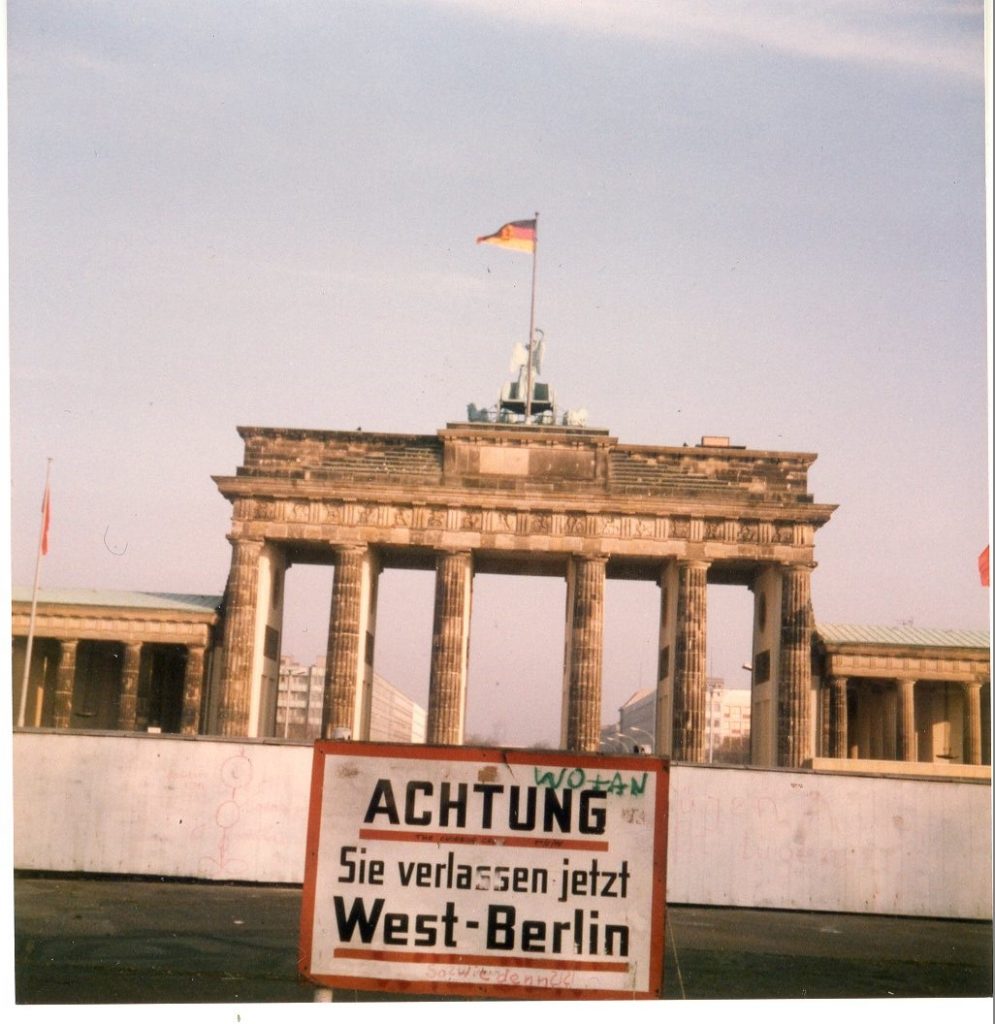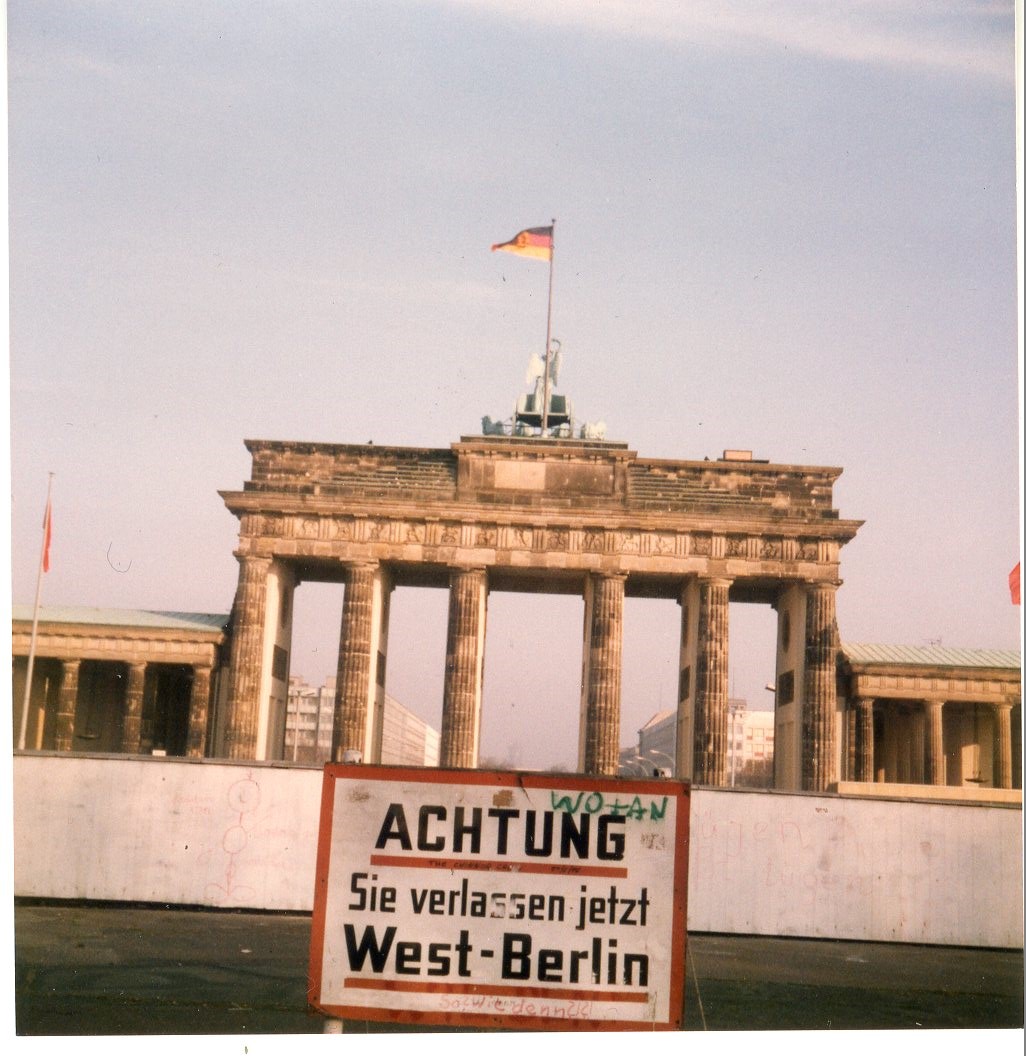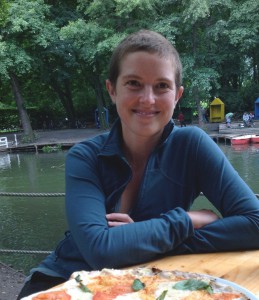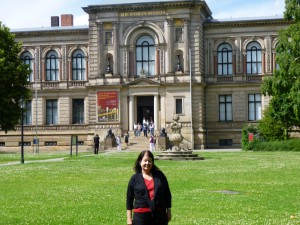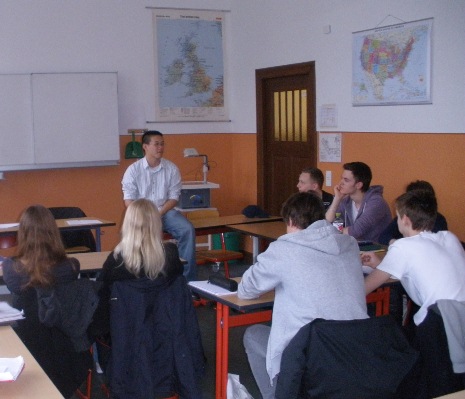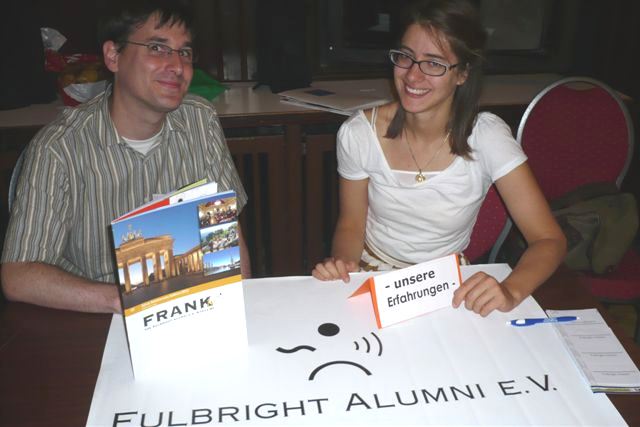
Congratulations!
You have made it past the first stage of applying for a Fulbright grant. Those hours spent writing and revising Personal Statements and Statements of Grant Purpose, filling out seemingly never-ending forms, hunting down and begging professors for recommendations and language assessments, making copies, printing and finally, submitting your electronic application— it’s all over, finito, basta, fertig. You are officially halfway through the Fulbright application process.
You are now, to quote my father, a potential “Halfbright.”
Still ahead: what I found to be the most difficult aspect of applying, months of torturous uncertainty.
Why am I congratulating you, then, when it’s not even over and you may not have been awarded a grant? Because just getting past stage one is a very remarkable accomplishment. I have spoken to many Fulbright alumni and it is universally agreed that the Fulbright application is one of the most time-consuming and energy-draining scholarship applications. It’s practically the equivalent of applying to ten graduate schools at once!
But is it worth it?
Absolutely.
My Fulbright experience in Germany, in 2009 as a Fulbright English Teaching Assistant literally changed the course of my life. Before coming to Germany (when I was still in the first stage of applying), I had planned on being in Germany for a year, and then applying to grad schools in the United States. I hoped to improve my German, take a few German literature classes at the Universität Bonn, and naturally, teach English in a German high school − all activities which would, with luck, increase my chances of getting into a prestigious Ph.D. program.
That was the plan. But, as Robert C. Gallagher once said, “Change is inevitable, except from a vending machine.”
Now it’s 2012 and I am back in Europe. I had enjoyed assistant teaching English and studying in Germany so much that I decided to enroll in a dual master’s degree program in French-German studies at the Universität Bonn and l’Université Paris-Sorbonne. My first year, post-Fulbright, was spent studying at the Sorbonne and working as a Teaching Assistant in two Parisian high schools. This just goes to show that Fulbright really can change your life.
I am also incredibly grateful for the friends I met through Fulbright. Germany has a very strong Fulbright alumni network (which you can become a part of, even if you are not yet an alum), and they have both national and regional networks. The national network organizes four to five big events per year (including the unforgettable Winterball, which this year will take place in the beautiful Schwerin Castle in northern Germany), while the regional group helps to organize outings and smaller get-togethers such as Fulbright Thanksgivings. These networks emphasize an incredibly important aspect of the Fulbright Program: the meaningful, life-long connections you are bound to make. I cannot express how thankful I am for the long-lasting friendships that I have made through Fulbright.
I wish all of you perseverance and steady nerves for the next few months; despite all of the paperwork and countless hours, it really is worth it. I’ve been in your shoes and I know how the uncertainty feels.
Best wishes and good luck to all you stalwart “Halfbrights!” I stand with you in Ful-support!
Photo: Julia Anderlé de Sylor, 2009-2010, Fulbright ETA to Germany, with Ulrich Götz, German Fulbright alumnus and Fulbright Alumni Coordinator for Bonn and Cologne, attending a Fulbright information fair and speaking to high school students about the program
